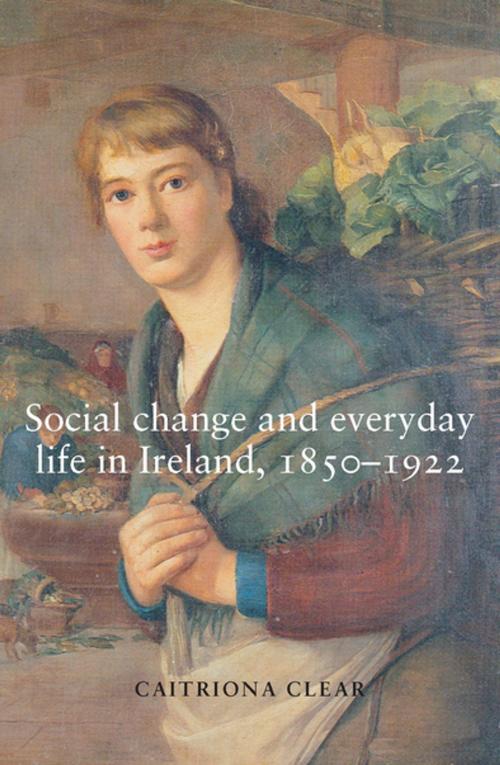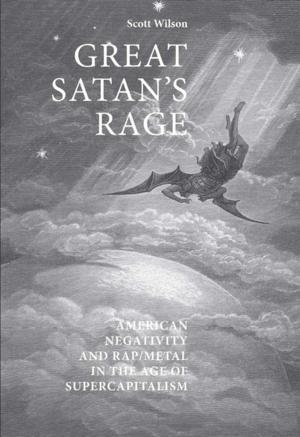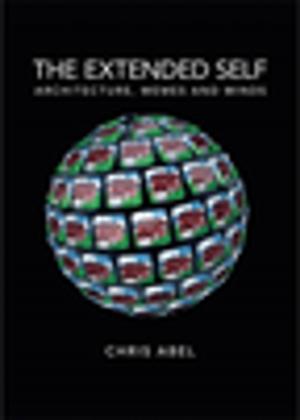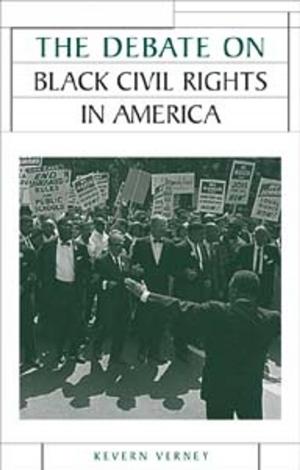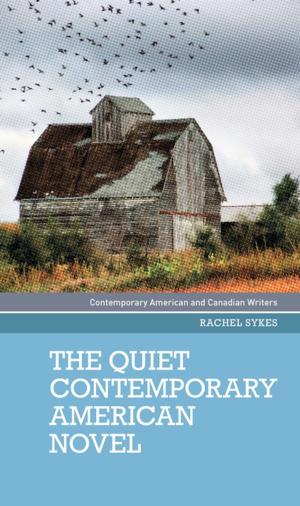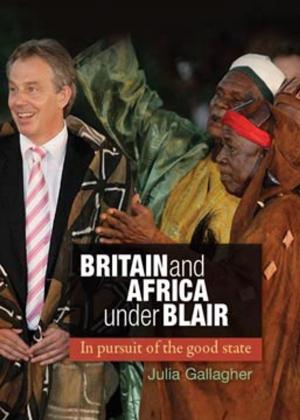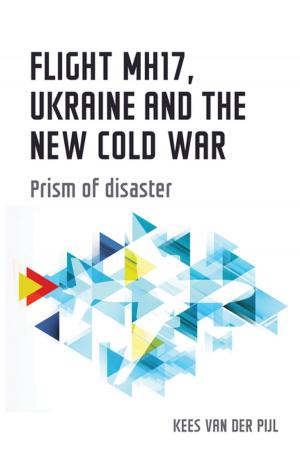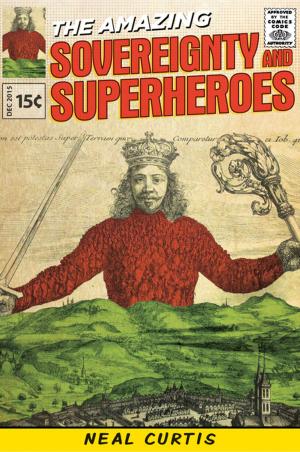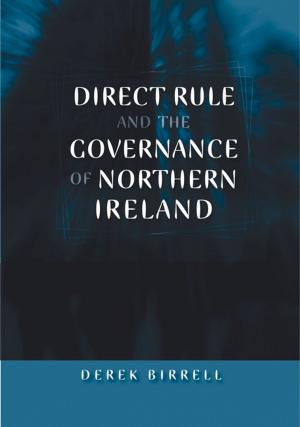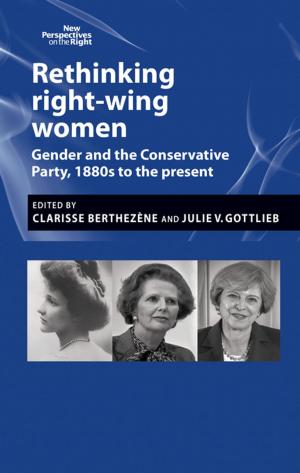| Author: | Caitriona Clear | ISBN: | 9781847796653 |
| Publisher: | Manchester University Press | Publication: | July 19, 2013 |
| Imprint: | Manchester University Press | Language: | English |
| Author: | Caitriona Clear |
| ISBN: | 9781847796653 |
| Publisher: | Manchester University Press |
| Publication: | July 19, 2013 |
| Imprint: | Manchester University Press |
| Language: | English |
Men and women who were born, grew up and died in Ireland between 1850 and 1922 made decisions - to train, to emigrate, to stay at home, to marry, to stay single, to stay at school - based on the knowledge and resources they had at the time. This, the first comprehensive social history of Ireland for the period 1850-1922 to appear since 1981, tries to understand that knowledge and to discuss those resources on the island, for men and women at all social levels, as a whole.
Using original research, particularly on extreme poverty and public health, and neglected published sources - local history journals, popular autobiography, newspapers - as well as folklore and Irish language sources, this is a remarkable study on a crucial period in Irish history. However, it is also a lively read, reproducing the voices of the people and the stories of individuals whenever it can, questioning much of the accepted wisdom of Irish historiography over the past five decades.
A fascinating book on Irish social history that will be enjoyed by both the student and general reader, written in a non-clichéd, jargon-free style.
Men and women who were born, grew up and died in Ireland between 1850 and 1922 made decisions - to train, to emigrate, to stay at home, to marry, to stay single, to stay at school - based on the knowledge and resources they had at the time. This, the first comprehensive social history of Ireland for the period 1850-1922 to appear since 1981, tries to understand that knowledge and to discuss those resources on the island, for men and women at all social levels, as a whole.
Using original research, particularly on extreme poverty and public health, and neglected published sources - local history journals, popular autobiography, newspapers - as well as folklore and Irish language sources, this is a remarkable study on a crucial period in Irish history. However, it is also a lively read, reproducing the voices of the people and the stories of individuals whenever it can, questioning much of the accepted wisdom of Irish historiography over the past five decades.
A fascinating book on Irish social history that will be enjoyed by both the student and general reader, written in a non-clichéd, jargon-free style.
